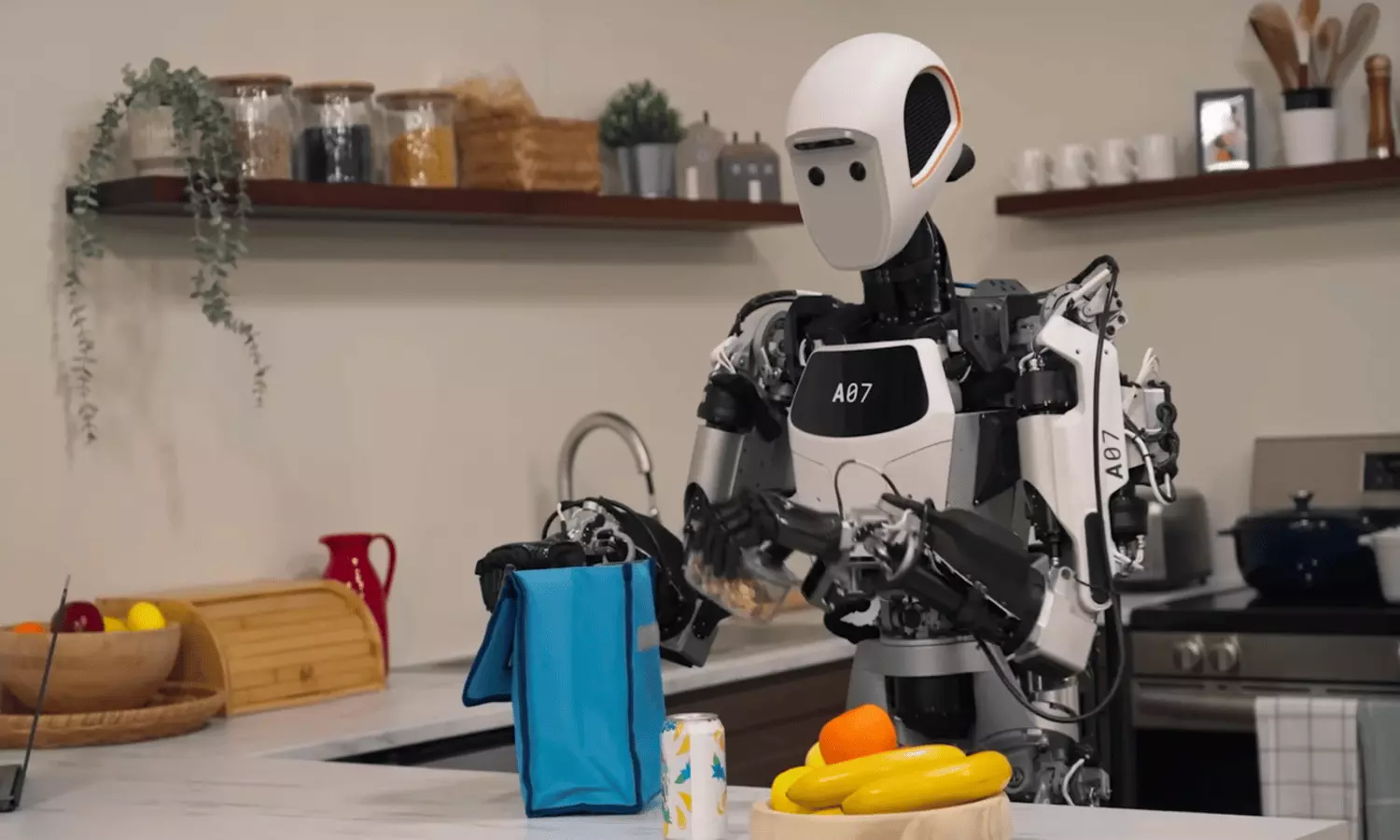No Wi-Fi Needed! Google’s Gemini AI Now Works Fully Offline
Google’s Gemini Robotics On-Device AI runs directly on robots without needing internet, enabling smarter performance in offline and low-latency environments.
image for illustrative purpose

Google DeepMind has launched a new version of its AI model tailored for robotics. Called Gemini Robotics On-Device, the system is designed to run entirely on physical robots without the need for cloud connectivity.
The company introduced the model in a blog post on Tuesday, stating that it offers strong performance in managing robotic movements and interpreting human language prompts. The model, operating independently of internet access, targets use cases in environments with poor or no connectivity and in applications requiring real-time response.
Gemini Robotics On-Device builds on the previously launched Gemini Robotics model revealed in March 2025. According to Google, the updated version is designed to function with minimal computing resources, making it suitable for complex, physical tasks on dual-arm robots. Demonstrated abilities include handling delicate routines such as folding garments and unzipping containers.
Google reports that in comparison tests with other local AI models, Gemini Robotics On-Device demonstrated higher success rates for executing multi-step tasks and dealing with unfamiliar scenarios. Although it operates offline, its performance closely aligns with Google’s cloud-based models.
Initially trained with ALOHA robots, the model was later tested successfully on the Franka FR3 dual-arm robot and Apollo humanoid. In trials, the system carried out complex assembly instructions and managed objects not seen during training. The company highlights this adaptability as a major leap in robotics AI.
Gemini Robotics On-Device is available for developers through an SDK, allowing integration and testing on various robot platforms.
The announcement comes amid growing activity in the robotics AI sector. NVIDIA, at its 2025 GTC event, introduced Groot N1 for humanoid robots, while Hugging Face is also progressing on a homegrown AI robotics solution.

